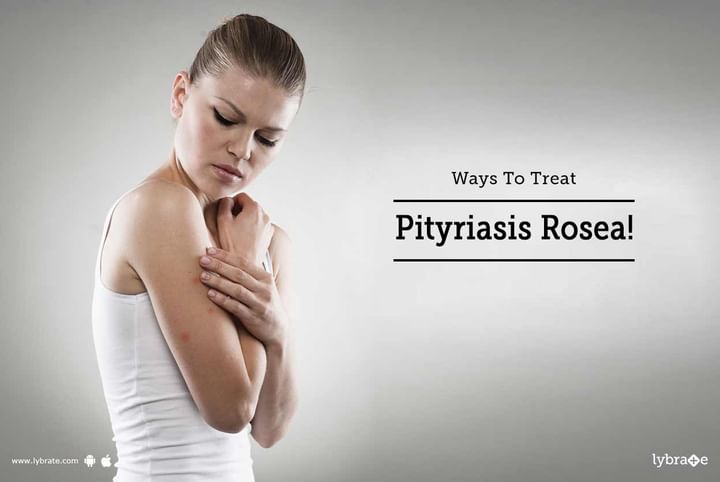Ways To Treat Pityriasis Rosea!
Pityriasis Rosea is a common skin problem which causes a rash. Although, it can occur at any age, it is most often seen in those between the age of 10 to 35. It is usually harmless and a pretty common condition. It is also worth noting that Pityriasis Rosea does not spread from person to person.
Causes: The exact cause of Pityriasis Rosea has not been identified yet. Some doctors claim that it is caused by a virus, bacteria, or fungus while others claim that it is caused by an allergic reaction.
Symptoms: There are a fair number of warning signs of the Pityriasis Rosea rash. The symptoms may differ depending on the patient's general health condition, the climate condition, and the season.
- Size and appearance at first: When the rash first appears, it has a raised border. Basically, it is a pink patch which can be single, round, or oval in shape. 2 cm to 10 cm is the usual range when it comes to the size of the patch.
- Few days or weeks later: After a few days, 1cm to 2cm patches appear on the abdomen, back, chest, legs and arms area. They sometimes spread to the neck, but rarely to the face.
- Back patches: The patches on the back are slightly different from the rest. They tend to be angled and look somewhat like a Christmas tree. Sometimes it is itchy, but it goes away within 6 to 8 weeks.
Treatment: Pityriasis Rosea goes away without treatment. It usually lasts about 6 to 8 weeks. However, in order to relieve itching at home:
- Apply anti-allergic powder.
- Avoid taking hot showers. Keep the water as cool as possible while taking the bath.
- Eat a lot of oatmeal and try bath products which have oatmeal in them.
- Hydrocortisone cream is very good for the itchy areas on your body. However, do not use these on the face or pubic areas.
- Use antihistamines, but, for children, you must check with the doctor first.
- Apply moisturizer regularly.
- Use gentle soaps and avoid deodorant soaps as these worsen the rash and the itching.



+1.svg)
